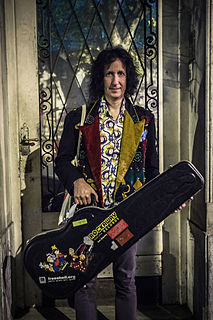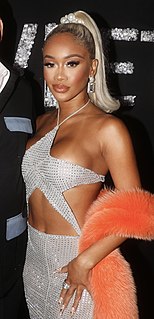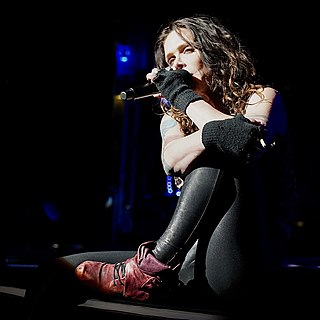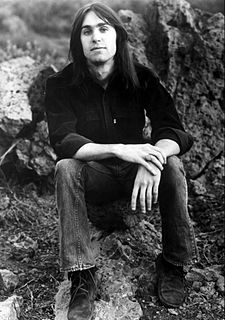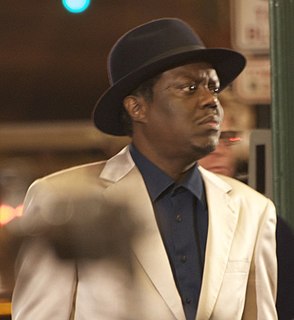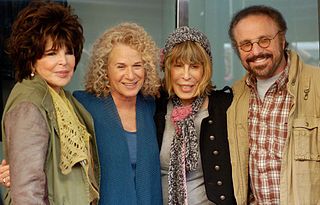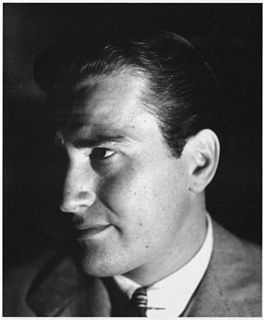A Quote by Julie Taymor
An artist is an entertainer, number one - a storyteller who takes people someplace, who gives them what they didn't know they wanted.
Related Quotes
An entertainer is someone who pleases others, and an artist tries to please himself. An artist is on a journey: they don't know where they're going, what is going to happen, but they know they are not there yet, and there is some continuity and growth. I think of myself as an entertainer: I'm a performing entertainer, I'm a stand-up comic. But there's an artist at work here, too. One who interprets his world through his own filter.
An artist is somebody that puts themselves in a room, they're a wee bit self-indulgent and you know, sink into their music and it [will] be a very personal experience. An entertainer was somebody that took their God-given talent and shared it with people. And I've always wanted to be an entertainer.
There was a time when my taste in music was mainstream, for example - people like Jimi Hendrix - who I really based a lot of my inspiration on, was the most popular entertainer of his day. He was really number one. And bands like Led Zeppelin, The Beatles are really number one bands. But those days are very much done. I can't say that if I listen to the number one artist now that I get excited.
Working with Robert, Robert [Elswit] is a storyteller. He's not a cinematographer, he's a storyteller. And to me, that's the graduation I hope to get to in my profession. That I'm not just an actor, I'm a storyteller. And I think that takes a long time in, when you have one job on a movie set. Makeup artists, actor, whatever. To graduate from just that to storyteller.
And I get so nervous now when it's not my show, like I'm not the headliner, because I know that those fans are there for another artist. Many people might not know an upcoming artist, but I've grown to like those shows because if I can control a crowd that doesn't know me, I'm doing my job as an entertainer. I have to rise to the occasion.
I'm not conditioned to be an entertainer. An entertainer pleases others while an artist only has to please himself. The problem with that is artists are misunderstood by all. I'm not interested in the clarinet but in music. we speak our emotions into music. An artist should write for himself and not for an audience. If the audience likes it, great. If not, they can keep away. My situation is the same. Let them concentrate on my music and not on me. I like the music. I love it and live it, in fact. But for me, the business part of music just plain stinks.



